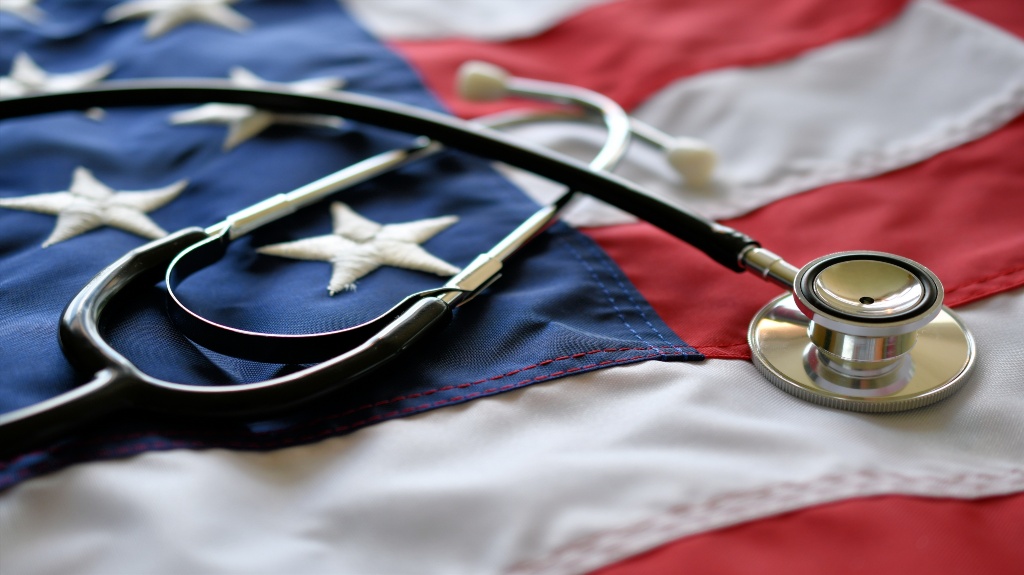Navigating the VA Healthcare System as a Disabled Veteran

Navigating the VA (Veterans Affairs) healthcare system can be challenging, especially for disabled veterans who may require specialized care. Understanding how to access VA healthcare, what benefits are available, and how to optimize your experience can make the process smoother. This guide will help disabled veterans understand key aspects of the VA healthcare system and provide practical tips for getting the most out of the services available.
Understanding VA Healthcare Eligibility
To be eligible for VA healthcare, veterans must meet specific requirements based on service history and disability status. Generally, veterans who served on active duty and received an honorable or general discharge may be eligible for VA healthcare. Disabled veterans, particularly those with a service-connected disability rating, may have enhanced eligibility and access to a wider range of services.
To determine your eligibility, you can apply online through the VA’s healthcare portal, visit your local VA medical center, or contact the VA Health Care Enrollment Center. Eligibility is often determined by a combination of factors, including income, disability rating, and time served.
Enrollment in VA Healthcare
Once eligibility is confirmed, the next step is to enroll in VA healthcare. The enrollment process involves completing VA Form 10-10EZ, which is the application for health benefits. Veterans can submit this form online, by mail, or in person at a VA medical facility.
Upon enrollment, veterans are assigned to a priority group based on factors such as their disability rating, income level, and other qualifying factors. Veterans with higher disability ratings may be placed in higher priority groups, which allows for faster access to care and a broader range of services.
What Services Are Available?
The VA healthcare system offers a wide array of services to disabled veterans, ranging from primary care and preventive services to specialized treatments and mental health care. Some of the key services include:
- Primary Care: Routine check-ups, immunizations, and health screenings.
- Specialty Care: Treatment for chronic conditions such as diabetes, cardiovascular disease, and respiratory disorders.
- Mental Health Services: Counseling, psychiatric care, and treatment for PTSD, depression, and anxiety.
- Rehabilitation Services: Physical therapy, occupational therapy, and prosthetics for veterans recovering from injuries.
- Medications: Prescription drugs are provided through the VA’s pharmacy network, often at a reduced cost or free for those with service-connected disabilities.
For disabled veterans, particularly those with high disability ratings, access to specialized care such as pain management, neurological services, and advanced mental health care may be available.
Managing Appointments and VA Care
Once enrolled in the VA healthcare system, it’s important to stay organized with appointments and follow-ups. Veterans can manage their healthcare appointments using the My HealtheVet portal, which provides access to medical records, prescription refills, and direct communication with healthcare providers.
Veterans are encouraged to stay proactive in managing their health by scheduling regular check-ups, addressing any concerns with their primary care provider, and keeping track of any specialty referrals. Staying on top of your care ensures that you receive timely and appropriate treatment.
Challenges and Tips for Navigating VA Healthcare
While the VA healthcare system offers extensive resources for disabled veterans, there are common challenges that veterans may face, including long wait times for appointments, complex paperwork, and difficulty accessing specialized care.
Here are some tips to help you navigate these challenges:
- Be Persistent: Don’t hesitate to follow up on appointment requests and referrals if you experience delays. Persistence is key to getting the care you need.
- Utilize VA Support Services: VA offers patient advocates who can help resolve issues related to your care and improve your overall experience.
- Consider Outside Care: In some cases, the VA’s Veterans Choice Program allows veterans to seek care from private healthcare providers if the VA is unable to provide timely care.
- Stay Informed: Regularly check the VA’s website for updates on healthcare benefits and services, as policies and eligibility criteria may change.
Getting the Support You Need
Navigating the VA healthcare system can feel overwhelming, but understanding the basics of eligibility, enrollment, and available services can help you get the care you deserve. By staying proactive, utilizing VA resources, and seeking assistance when necessary, disabled veterans can access the healthcare services they need to maintain their quality of life.
If you are a disabled veteran facing difficulties with the VA healthcare system or need assistance with a VA disability claim, VA Benefits Attorneys Powered by Tabak Law can help. Contact us today for expert guidance and support in navigating the VA system and ensuring that you receive the benefits and care you’ve earned.







